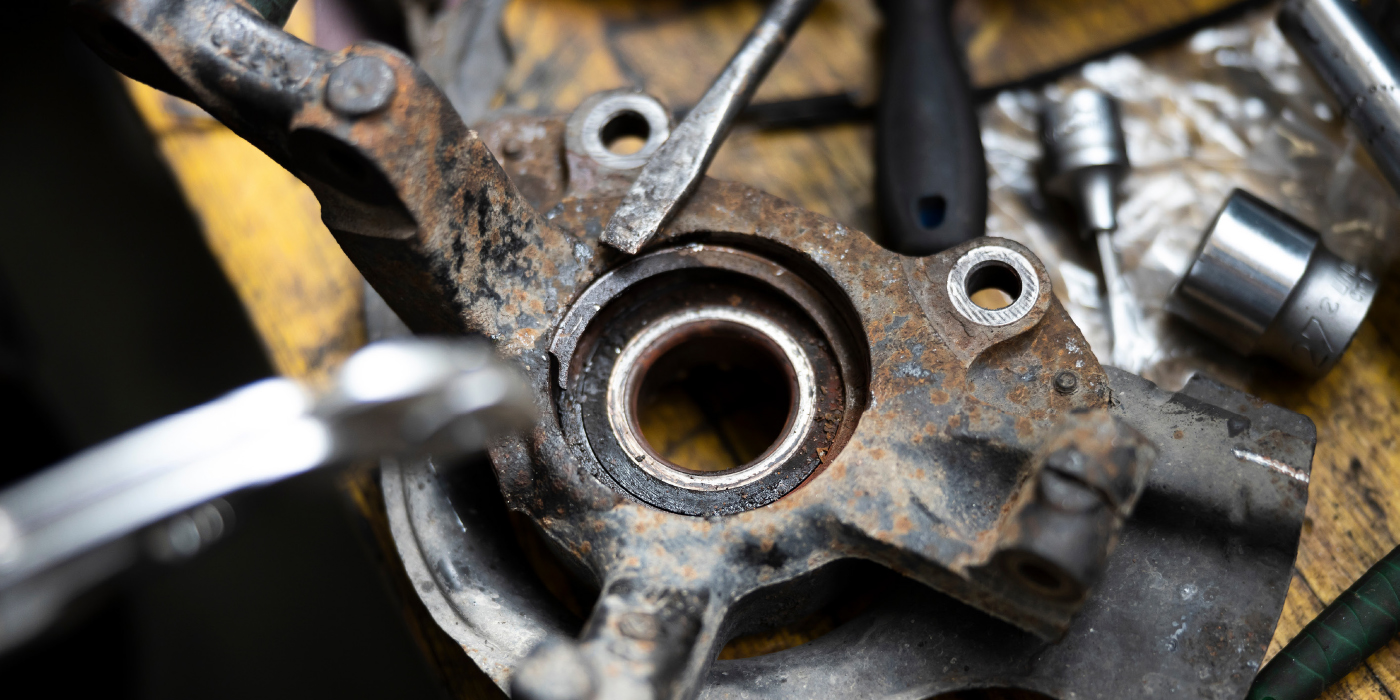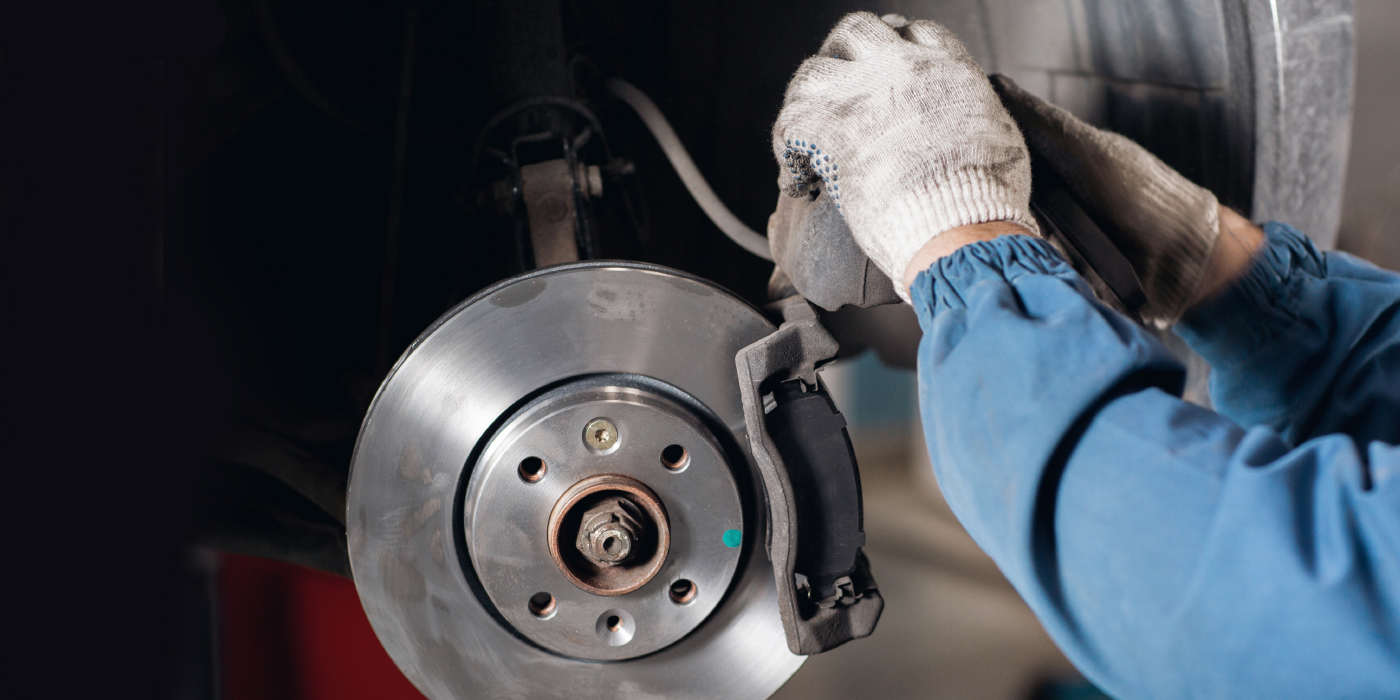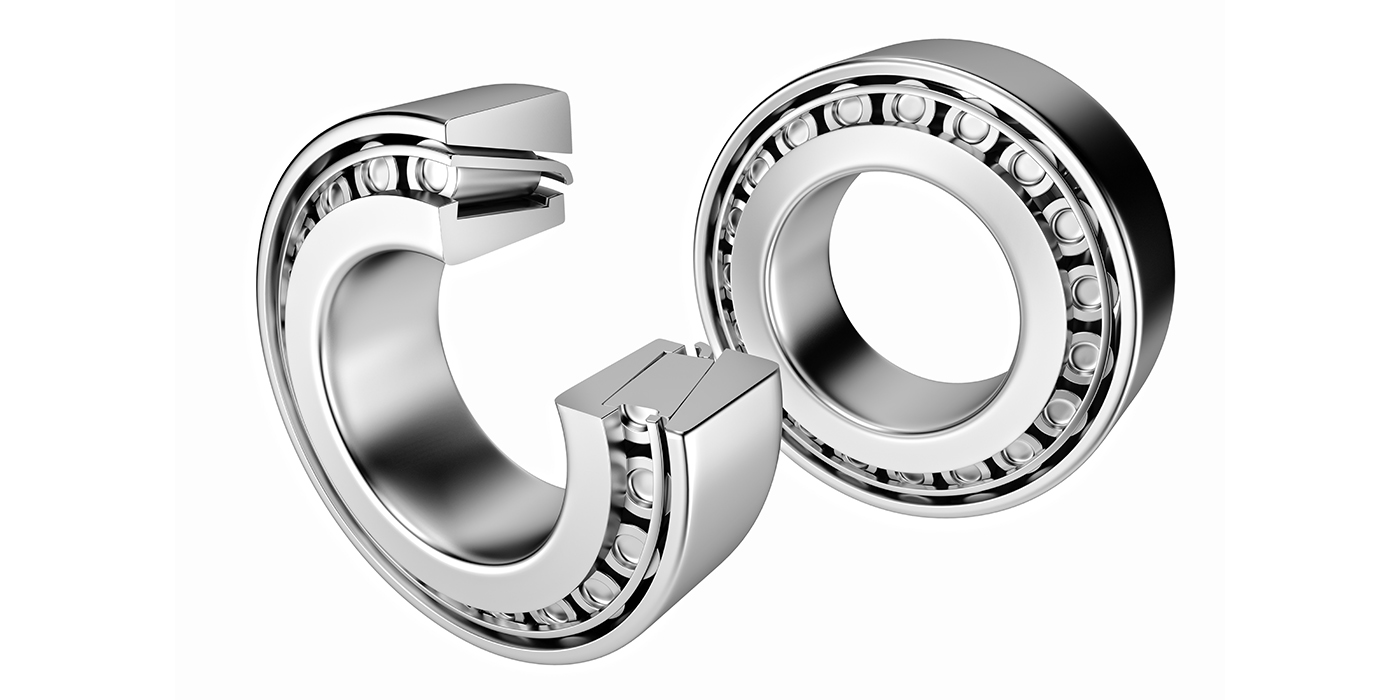The initial lawsuit sought $222 million in civil penalties, costs and reimbursement to customers. As part of the settlement, Midas acquired all of Glad’s shops for $5.8 million.
In my opinion, this lawsuit has been a black eye for all shops. The true victims in this case are not the consumers, but the honest independent shops and Midas franchisees who now have to face an even more skeptical public.
The 100 page complaint outlining the violations should be required reading for every technician and shop owner. The document describes every sting performed by the BAR in detail and outlines every customer complaint received. It is by far one of the best training tools for explaining the laws and giving real life examples of how they are applied. The document is available in PDF format here.
The investigation was performed by undercover inspectors posing as customers with “rigged” vehicles. The typical sting went like this: An undercover investigator would install new rotors and worn pads that were below specifications. The entire vehicle would be inspected and documented. Rear brakes would also be serviced with brand new pads or shoes and adjusted according to the OE service manual.
The inspector would drive to a shop complaining of either a brake noise or that the brake light was on. During the write-up, the inspector would comment on a banner outside the shop or present a coupon for the $89 lifetime brakes.
None of the undercover inspectors received the pads at the advertised price, although the vehicles involved in the undercover operations should have qualified for the advertised brake specials since the only repairs needed were the replacement of brake pads.
According to the investigation, Glad’s shops sold an average of $290 of unnecessary repairs and services to the undercover inspectors. During every undercover operation (with the exception of one), they were sold resurfacing of the front brake rotors and/or rear brake drums at a cost between $110 to $130. Also, the undercover investigators were sold needless adjusting of self adjusting brakes and cleaning of the brakes. No shop attempted to sell new rotors.
The California BAR, in my opinion, holds the OEM service information in too much esteem. Some OEM engineers will tell you that many of their service recommendations are to save warranty time (paid by the OEM), this includes the replacement of brake pads and determining if the rotors should be resurfaced. BAR interprets these OE service manuals as Bible and verse.
In my opinion, if the rotors are within specification, a light cut and non-directional finish can provides a finish that can improve the bedding-in process and reduce stopping distances. It can also reduce noise-related comebacks.
Unfortunately, not only did the shops sell resurfacing unnecessarily according to the BAR, they also failed to cut the rotors in the right way and managed to cause lateral runout problems that were not there in the first place in two cases.
If there is one thing you should take away from this incident, it is this: If you get a car in your shop with worn brake pads and the rotors have little or no wear, treat the vehicle with the best possible care. Chances are it is a test. If the customer’s name sounds made up and they pay in cash, be very afraid.
There is a silver lining to this story. This case marks the demise of the advertised ultra-low price brake job from most major chains and new car dealers. From the lawsuit:
“An automotive repair dealer shall not advertise automotive service at a price which is misleading. Price advertising is misleading in circumstances which include, but are not limited to the following: The automotive repair dealer does not intend to sell the advertised service at the advertised price, but intends to entice the consumer into a more costly transaction.”
In the past few months, many national chains have stopped advertising low-price, per-axle specials in fear they might be the next target of an investigation. If you are an independent shop, I would also stop advertising these specials.



